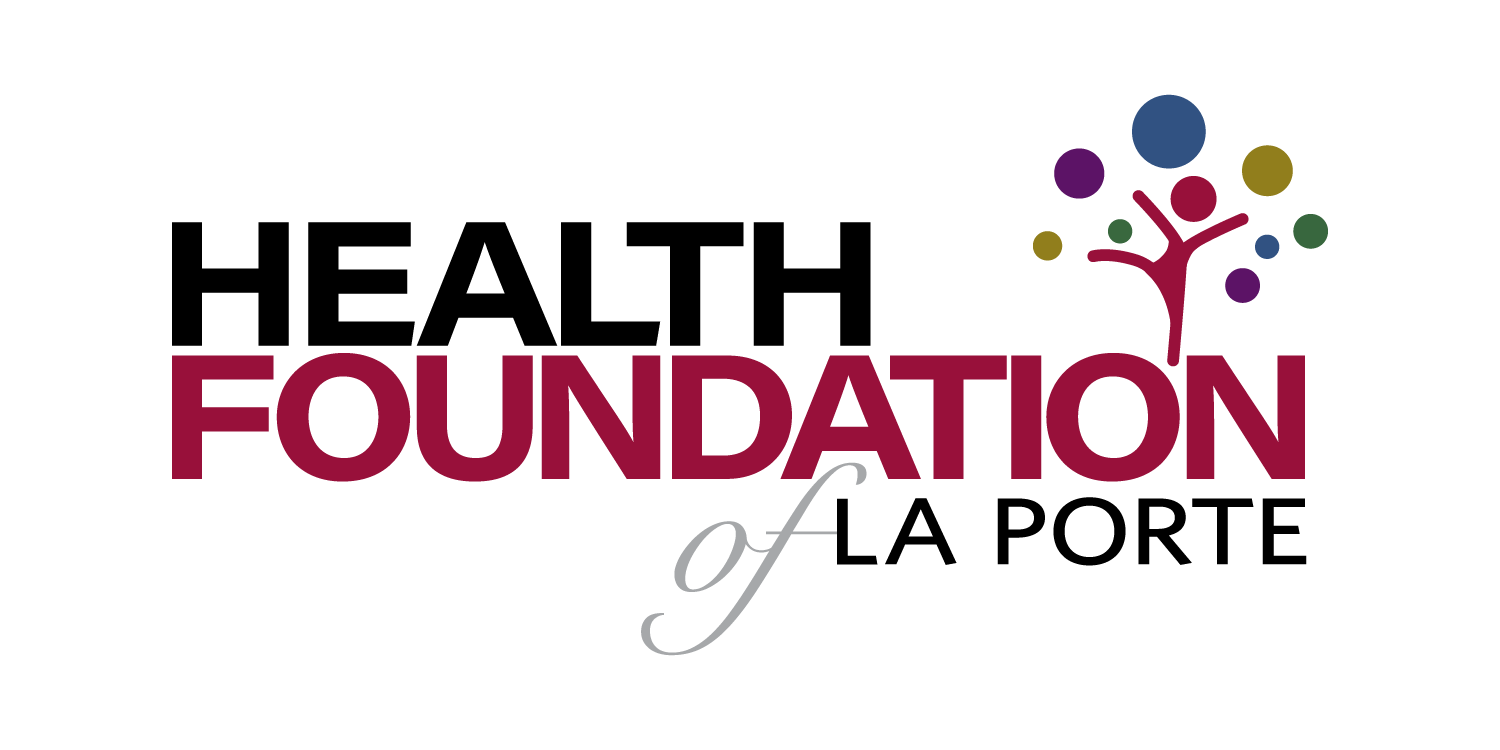Promising Practices
The Promising Practices database informs professionals and community members about documented approaches to improving community health and quality of life.
The ultimate goal is to support the systematic adoption, implementation, and evaluation of successful programs, practices, and policy changes. The database provides carefully reviewed, documented, and ranked practices that range from good ideas to evidence-based practices.
Learn more about the ranking methodology.
Filed under Evidence-Based Practice, Health / Physical Activity, Adults
Goal: To decrease total and saturated fat intake, serum low-density lipoprotein cholesterol levels, and body weight.
Impact: The dietitian-delivered intervention effectively improved the care of patients with hyperlipidemia.
Filed under Evidence-Based Practice, Community / Public Safety, Children, Teens, Adults, Families, Urban
Goal: The goals of this program are three-fold: first, to remove unwanted improperly stored guns from homes; second, to educate the community about the increased risk of gun-related injuries in the home and the importance of safe gun storage; and third, to identify individuals possessing improperly stored guns at home and provide them with safety information and alternatives.
Impact: This program shows a strong collaboration between health care providers and public safety offices and showcases a low-cost means of removing unwanted firearms from the community. Additionally, most participants felt their homes were safer after turning in their firearm(s).
Filed under Evidence-Based Practice, Health / Physical Activity, Adults, Men
Goal: The goal of this exercise program was to reduce the incidence of diseases related to lifestyle, such as cerebrovascular diseases and ischemic heart diseases, and to preserve and promote workers' health.
Impact: The exercise program proved to be effective in increasing adaptive walking speed and in lowering waist to hip ratio.
Filed under Evidence-Based Practice, Health / Mental Health & Mental Disorders
Goal: The Zero Suicide Initiative is a comprehensive model of suicide prevention that challenges health and behavioral health care systems to strive for zero suicides among those in their care.
Filed under Good Idea, Health / Wellness & Lifestyle
Goal: The goal of this program is to encourage lifestyle changes that promote healthier living by promoting walking for exercise and educating participants about proper nutrition.
Filed under Good Idea, Community / Social Environment, Children, Adults, Families, Racial/Ethnic Minorities
Goal: The program's primary goal is to prepare the Harvey County community for a disaster. It also seeks to increase outreach to minority communities and recruit volunteers for the MRC.
Filed under Good Idea, Health / Older Adults, Older Adults
Goal: The goals of the program are to help participants learn how to view falls and the fear of falling as controllable, set realistic goals for increasing activity, change their environment to reduce fall risk factors, and exercise to increase strength and balance.
Impact: After completing the program, 97% of participants are more comfortable in talking about falls, 95% have made environmental changes, and 99.5% plan to continue exercising.
Filed under Good Idea, Art & Recreation / Art, Children, Teens, Families, Racial/Ethnic Minorities, Urban
Goal: ARTS is dedicated to healing, inspiring and empowering children facing life challenges by providing innovative arts-based programs, education and opportunities.
Filed under Good Idea, Community / Domestic Violence & Abuse
Goal: A Safe Place's mission is to break the cycle of domestic and family violence by providing safe shelter and support services to victims and their children and to prevent violence through outreach and education in at-risk populations.
Filed under Effective Practice, Health / Children's Health, Children, Families, Racial/Ethnic Minorities, Urban
Goal: To improve the quality of life and academic achievement of asthmatic children, helping families break the revolving cycle of poverty that is worsened by chronic disease.
Impact: A reduction in ER visits by 64%, a reduction in overnight hospitalization by 85% and a reduction in school absences by 69%.

